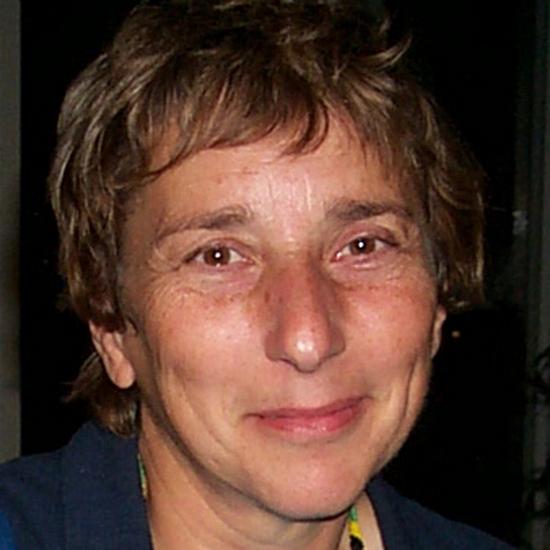Helen Saibil is a molecular biologist who uses three-dimensional electron microscopy to examine the cellular machines that carry out the functions of life. Her work has resulted in the remarkable visualisation of both molecular chaperones — proteins that help other macromolecules fold and unfold — and the misfolding of proteins that form fibrils implicated in amyloid disease.
Her most recent studies have investigated the operation of perforin, a protein ‘weapon’ used by the immune system to punch holes in cancerous or infected cells, through which destructive enzymes can subsequently travel. These findings stem from Helen’s previous research on a similar pore-forming bacterial toxin.
In addition to being a Fellow of the Society, Helen is a Fellow of the Academy of Medical Sciences, an Honorary Member of the British Biophysical Society and an Honorary Fellow of the Royal Microscopical Society. She has also received a number of awards for her work, including a five-year programme grant from the Wellcome Trust in 2009.
Professional position
- Bernal Professor of Structural Biology, Department of Biological Sciences, Birkbeck, University of London
Subject groups
-
Molecules of Life
Biochemistry and molecular biology, Biophysics and structural biology, Cell biology (incl molecular cell biology)

